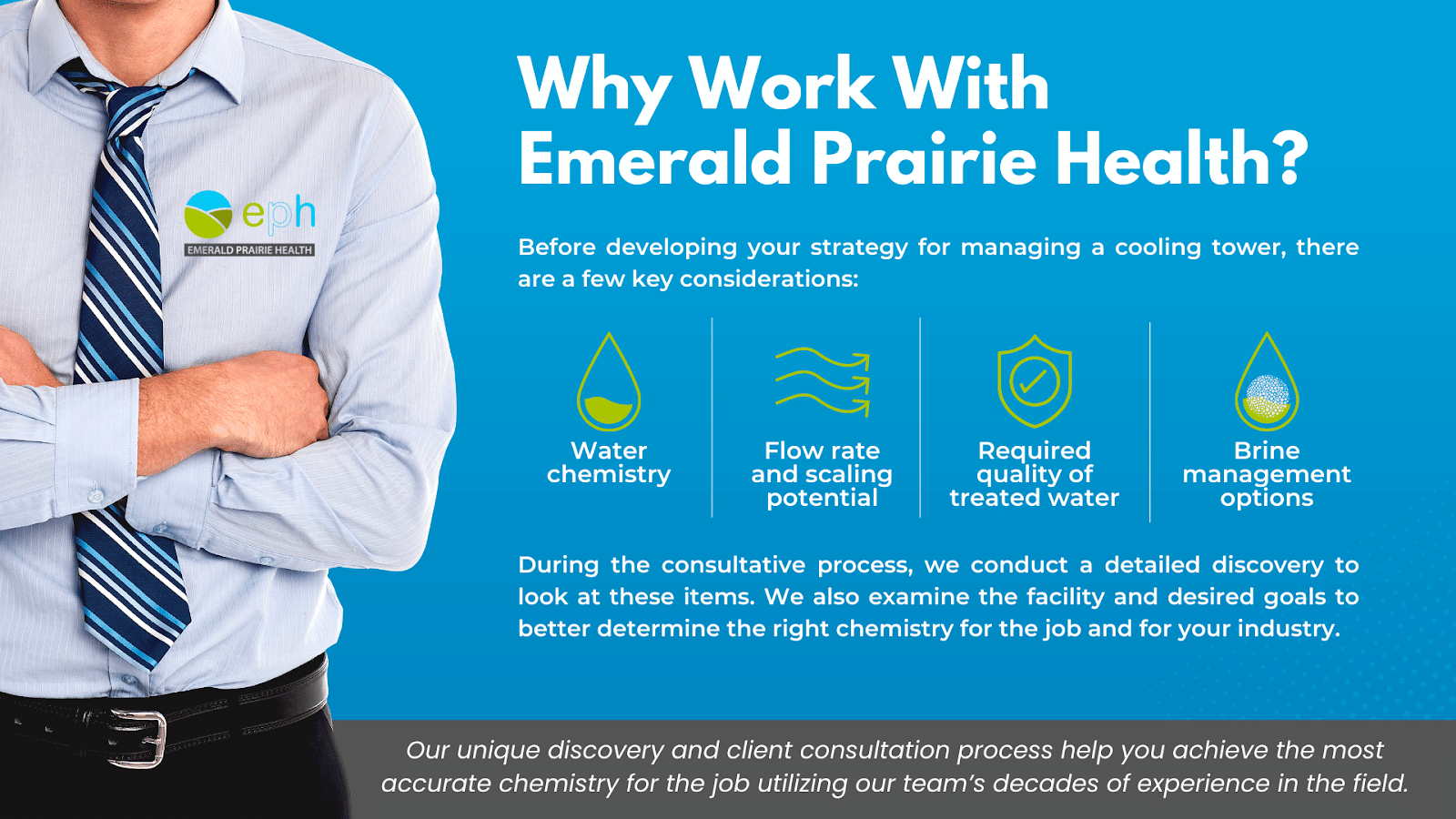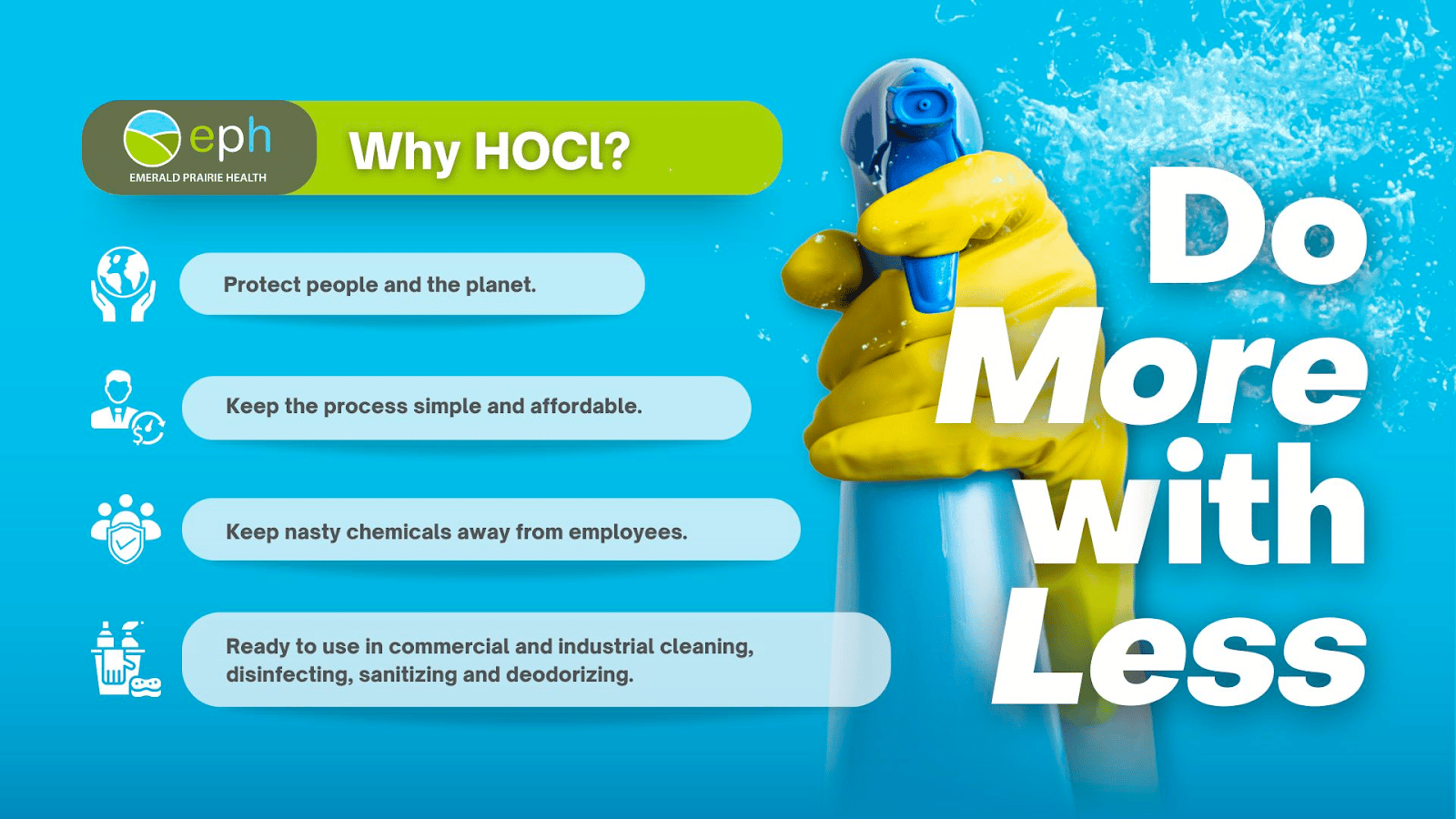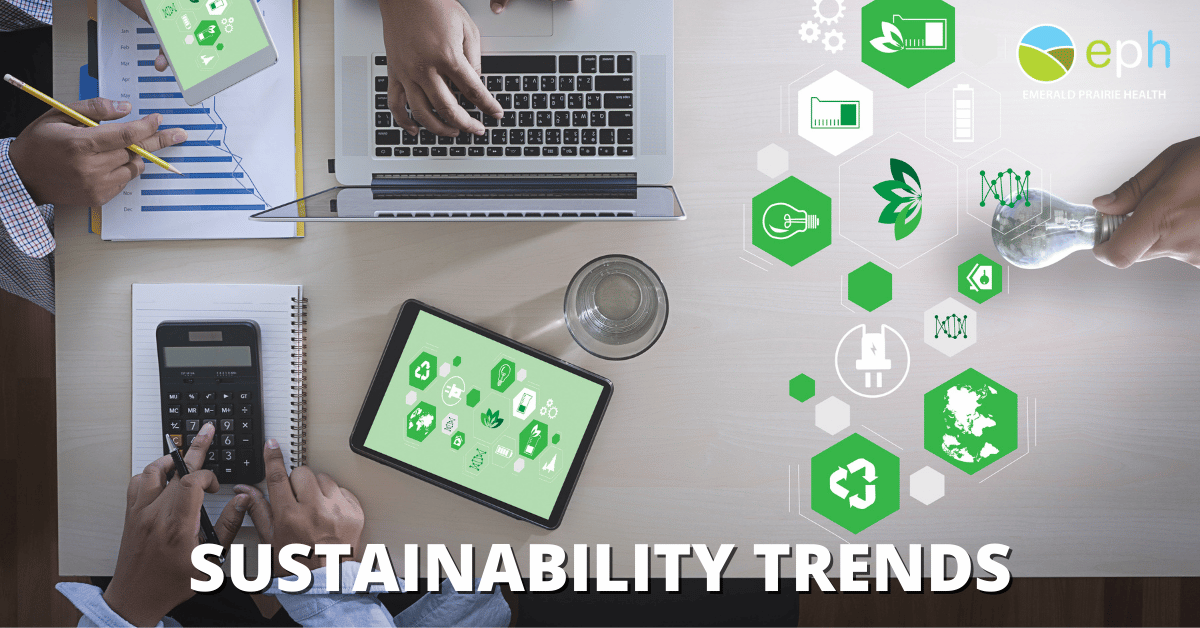
Sustainability and AI: Marketing Trends We Will See in 2025
Last Updated on July 1, 2025 by Valerie Jennings
In the age of sustainability and eco-conscious consumers, companies and brands are increasingly aiming to reduce their carbon footprints and become active stewards for socially responsible corporate programs. This shift towards sustainability is not just a passing trend; it is shaping marketing strategies and consumer expectations.
Additionally, artificial intelligence may seem like futuristic technology, but companies from small start-ups to large corporations are already harnessing AI tools, cloud technology, and machine learning to become more efficient and responsive to market demands. As we look ahead to 2025, we can anticipate even greater integration of AI in marketing, enabling businesses to personalize their offerings while adhering to sustainable practices.
Bratin Saha, vice president of machine learning services at Amazon, emphasizes the urgency of adapting to these changes: “It’s important to get started. You can do that now by moving your data assets to the cloud, unifying those assets, and then using AI to detect patterns in those data that allow you to make smarter business decisions.” This proactive approach will not only foster innovation but also align with the growing consumer expectation for sustainability in marketing.
What Is AI for Sustainability?
AI for sustainability refers to the use of artificial intelligence technologies to promote and support environmentally sustainable practices, policies, and innovations by optimizing resource use, reducing waste, and enhancing decision-making processes. Through advanced data analytics and machine learning, businesses can monitor their environmental impact and develop strategies that align with sustainable practices. This technology can also aid in the development of innovative solutions that address pressing environmental challenges, enabling companies to contribute positively to the planet while achieving their goals.
Why Companies Are Becoming More Sustainable
Consumers choose to work with brands and companies that are focused on sustainability.
Harvard Business School reports that 77% of consumers are motivated to purchase from companies committed to making the world a better place, while 73% of investors state that efforts to improve the environment and society contribute to their investment decisions.
Additionally, a 2019 Aflac study cites that a majority of American consumers (55%) believe it’s important for companies to take a stand on key social, environmental and political issues.
It is no surprise that companies that embrace corporate social responsibility policies have more positive consumer and investor relations.
Some industries that are paving the way to a more sustainable and eco-friendly world include energy, manufacturing, agriculture, transportation logistics, health care and medtech.
How Companies Are Using AI To Reduce Their Carbon Footprint
Emerging technologies like artificial intelligence, predictive analytics and the cloud provide industries with powerful tools to reduce energy usage and emissions.
“The cloud helps you collect, store and process that data at very low cost, and then you use AI and machine learning to gather insights,” Saha says. “Ultimately, you’re becoming a lot smarter in your decisions, which translates into greater opportunities to realize those efficiencies.”
Transportation logistics is a huge industry that is using AI to predict product demand by location to improve distribution networks.
Every year, truckers in the United States travel more than 95 billion highway miles, but 40% of those miles are done with an empty truck, representing a costly waste of time and fuel, the Washington Post reports. AI can help plan for the efficient use of cargo space in both directions.
Many manufacturing companies are using AI to improve their facility operations by using sensors to gather data that monitor ventilation, heating and AC systems in their facilities. Then these systems can be adjusted automatically, instead of waiting for human interaction.
Additionally, energy companies can use data collected from wind turbines to run simulations and improve operations and maintenance.
Our Work with Sustainable and Environmentally Friendly Brands
Not every company is positioned to invest in expensive cloud technology to address its sustainability goals on a mass scale. A reasonable starting point uses martech to position sustainable messaging through content development, social media platforms, SEO, paid media and more.
Here are just a few ways Jennings Social Media & MarTech has been able to position its clients for success.
Emerald Praire Health is a company dedicated to providing products that make for a cleaner, safer and healthier world. We began working with its founders almost a decade ago when they created a company called LaserCycle to recycle used ink cartridges and reduce landfill waste.

“We have worked with Valerie and her team on multiple projects for more than a decade. They bring the best and most current knowledge, insights and tools available. I can’t recommend them enough as a partner!” Roderick said.
Sustainability has taken a backseat in the last few years as companies focused on navigating the pandemic and remote work. Balancing budgets and our health and safety became the primary focus.
Before this shift, sustainability and philanthropy were the priority. Consumers viewed brands that invested in the greater good of society as having a more valuable product or service and they were willing to pay more for it. Even during times of economic downturn, these companies are preserved. Finally, we are seeing a shift back to sustainability.
Geofencing and Digital Marketing for Sustainable Brands
Our team increased tradeshow booth traffic and new sales contacts using geofencing for Emerald Prairie Health, which created a nontoxic surface cleaner that is safe for people, plants and pets.
In June, its employees attended the Building Owners and Managers Association (BOMA) International conference in Nashville. They wanted to increase booth traffic as well as generate new sales contacts. Our team created engaging geofencing video ads and virtually fenced the tradeshow to drive traffic with a giveaway. The ads were successful and exceeded industry benchmarks. The initial video ad ended with an $8 CPM (cost per mille, or cost per 1,000 impressions), while the industry benchmark ranges up to $15.
For 12 days after the show, we launched an additional retargeting video ad with an exclusive offer for show attendees. The second ad also achieved a CPM of $8 — significantly better than the benchmark. Together, these ads received more than 45,000 impressions with a budget of less than $400.
The client reported an increase in traffic and new contacts compared to other shows. The video we employed for this campaign received nearly 30,000 views.
Sustainable Facilities and Industrial Workplaces
This September, IFMA’s World Workplace shined the spotlight on facility managers’ shift from purely operational to indispensably strategic. The workplace and those who support it have undergone a decade of progressive, wide-reaching change in just two years because of the pandemic. Facility management is at the center of this extraordinary transformation, leading the business world into a safer, smarter, more sustainable and inclusive future.
One way industries can comply with federal guidelines to do their part for the environment is to employ a no-dumping policy. Dumping hazardous waste on the ground is usually illegal and can contaminate the soil, groundwater or nearby surface water. Even at-home products may contain toxic substances that are dang
erous to the environment. These products may include household cleaners, motor oil, pesticides, flea collars, some medications, leftover paints and more.
In comparison, the HOCl product manufactured by Emerald Prairie Health is made from simple, common ingredients, meaning it offers a very low environmental impact to produce as the feedstocks are quite easy to procure, store and require little pre-processing. It is a low-concentration, weakly acidic, very near-neutral solution that requires no special transport or storage conditions. It can also be made quickly and efficiently, so that excess or limited volumes are not an issue.
Using safer options for cleaning is one-way facility managers can promote changes that help the environment.
Balancing AI’s Sustainability Gains and Risks in Marketing
As we delve into 2025, the intersection of artificial intelligence and sustainability in marketing is becoming increasingly significant. Companies are leveraging AI technologies to optimize their operations, reduce waste, and create more sustainable marketing strategies. For instance, AI can analyze consumer behavior and preferences, allowing brands to tailor their messaging and reduce unnecessary resource expenditure.
However, while these advancements offer substantial sustainability gains, they also present risks, such as data privacy concerns and the potential for biased algorithms. Marketers must navigate this delicate balance, ensuring that their use of AI not only enhances their sustainability efforts but also aligns with ethical practices. As we explore these marketing trends, the challenge will be to harness AI’s capabilities while remaining committed to sustainable principles.
Sustainability Tips for Hotels and Hospitality
The focus on guest experience and exceptional service has long been a priority for hotels. However, in recent times, sustainability is emerging as a crucial aspect within the hospitality industry. According to Hospitality Net, there are ten specific actions that hotels can take to promote sustainability effectively:
1. Reducing Food Waste
Implementing strategies to minimize food waste can have a significant impact on sustainability efforts.
2. Investing in Employee Health and Education
Supporting the well-being and development of employees not only benefits them but also contributes to a more sustainable workforce.
3. Introducing Plant-Rich Menus
Incorporating plant-based options into menus can reduce the environmental footprint of food offerings.
4. Employing Distributed Solar Rooftops
Utilizing solar energy helps in reducing reliance on traditional power sources and lowers carbon emissions.
5. Utilizing LED Lighting
Energy-efficient lighting solutions like LED can decrease electricity consumption and promote sustainability.
6. Providing Charging Stations for Electric Cars
Encouraging the use of electric vehicles by offering charging stations supports environmentally friendly transportation.
7. Installing Methane Digesters
Converting food waste into natural fertilizer through methane digesters is an innovative way to manage organic waste sustainably.
8. Recycling Waste Streams
Establishing effective recycling practices within hotel operations minimizes the environmental impact of waste disposal.
9. Using Biogas for Cooking
Shifting from fossil fuels to renewable energy sources like biogas for cooking contributes to reducing carbon emissions.
10. Managing Nutrients Carefully
Avoiding the overuse of chemical fertilizers by managing nutrients responsibly can help safeguard future food security and environmental health.
These sustainable practices not only benefit the environment but also resonate with guests who are increasingly conscious about supporting eco-friendly businesses. By implementing these initiatives, hotels can align themselves with global efforts towards sustainability while enhancing their overall guest experience and reputation in the industry.
Begin Your Sustainable Brand Messaging Journey with Us
At JSMM, we specialize in crafting authentic, impactful sustainability narratives that resonate with your audience and elevate your brand. Beyond sustainable marketing, we offer comprehensive services including UX and web development, social media marketing, SEO, AI advertising, content marketing, brand marketing, and website management — tailored specifically for the luxury real estate, technology, travel and tourism, automotive, and MedTech industries.
Partner with us to integrate cutting-edge technology and sustainability into your marketing strategies, setting your brand apart in a rapidly evolving market. Contact us to learn how to get started with sustainable brand messaging.
Frequently Asked Questions
What is the relationship between AI and sustainability?
AI supports sustainability by optimizing resource use, reducing waste, and enhancing decision-making. It enables businesses to track and minimize their environmental impact while innovating eco-friendly solutions.
How are brands using sustainability in their marketing strategies?
Brands highlight their commitment to social and environmental responsibility through content marketing, social media, and targeted campaigns. They connect with eco-conscious consumers by promoting sustainable products, ethical practices, and transparent corporate social responsibility efforts.
Can AI and sustainability work together in marketing?
Yes, AI and sustainability can work hand-in-hand. AI helps personalize marketing efforts to reduce wasteful spending and materials, analyze consumer trends for greener product development, and create data-driven sustainability campaigns that resonate authentically with audiences.


